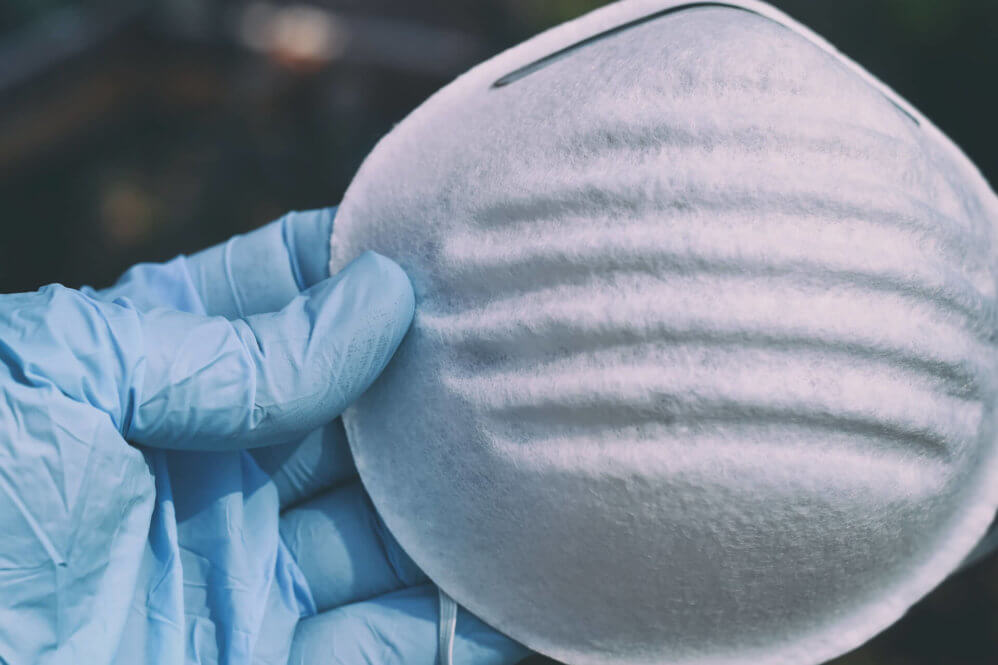
Executive Order Two alleges many alarming claims—but what does the science say?
Science. It’s an ever-evolving field filled with researchers, scholars, professionals and…former businessman Gov. Glenn Youngkin? Let’s fact check that, as well as the claims he’s supported over the negative impacts of masking children in Virginia against a deadly disease.
Executive Order Two, which the governor signed on Jan. 15, suggested that masking in schools provided “inconsistent health benefits,” inflicted “notable harm,” and was “impracticable.”
The order listed a multitude of reasons against child mask requirements. We’re looking at each of them and comparing the claims to what researchers and health professionals actually found.
Claim #1: Children are wearing masks improperly.
Fact: A Jan. 17 document from the Virginia Chapter of the American Academy of Pediatrics (AAP) read in part: “Face masks remain safe and reliable, and children have demonstrated their ability to wear them effectively.”
Claim #2: Children’s masks are less effective, due to many children wearing cloth masks and the prolonged time spent wearing them.
Fact: University of Utah Health published that “masks can be worn safely by children all day” in Aug. 2021. Recent evidence from the CDC found that those who wore cloth masks were 56% less likely to test positive for COVID-19, compared to 66% of individuals wearing surgical masks, and 83% of people wearing N95 or KN95 respirators.
Claim #3: Children’s masks contain impurities like bacteria and parasites.
Fact: “Clean, dry masks will not develop mold or make you sick,” a July 2020 Johns Hopkins All Children’s Hospital press release read in part.
Claim #4: Masks limit a child’s ability to communicate.
Fact: HealthyChildren.org, the AAP’s parenting website, reported that “there is no known evidence that use of face masks interferes with speech and language development or social communication.”
Claim #5: Masks delay language development.
Fact: See fact #4? Ditto.
Claim #6: Masks impede growth of emotional and social skills.
Fact: Researchers from University Hospital Lausanne in Switzerland conducted a study with more than 300 child participants ages three to six, which they published in Nov. 2021. Researchers showed the children 90 pictures at random, which portrayed actors—half masked and half unmasked—with expressions of joy, anger, and sadness. The participants identified the correct emotion more than 70% of the time for unmaksed individuals and more than 67% of the time for those wearing masks.
Claim #7: Masks increase mental health issues.
Fact: According to a study published in JAMA Network Open in Jan. 2021, 1.3 million students from the Guangdong province of China participated in a survey that found 10.5% reporting psychological distress during the pandemic. However, students who wore masks reported less psychological distress than those who went unmasked.
Claim #8: Mask requirements demoralize children.
Fact: Demoralizing? Maybe to other diseases. MedTecs found that children wearing masks have reduced chances of getting respiratory infections, help prevent the spread of COVID-19 to family members, and help protect the unvaccinated.
While the list in Executive Order Two appears long and comprehensive, one big problem persists: the concerns raised do not appear to be consistent with scientific evidence.
As for one last mic drop? It’s Bill Nye. Yes, the real Science Guy. In 2020, Nye explained how masks work in a viral TikTok video—and encouraged wearing them.
Politics

Virginia NAACP to sue Youngkin over handling of DEI records requests
The civil rights group said it would take Youngkin to court for not releasing communications between his office and state universities related to...

VIDEO: After vetoes, Youngkin’s budget “olive branch unlikely to persuade Democrats
Can the Democrats in the General Assembly and Republican Gov. Glenn Youngkin really find "common ground" among his proposed state budget amendments?...
Local News

Virginia verses: Celebrating 5 poetic icons for National Poetry Month
There’s no shortage of great writers when it comes to our commonwealth. From the haunting verses of Edgar Allan Poe, who found solace in Richmond's...

Join the fun: Recapping Family Literacy Night’s storybook adventures
When’s the last time you read a book aloud with a loved one? If it’s difficult to answer that question, then maybe it’s time to dust off that TBR...





